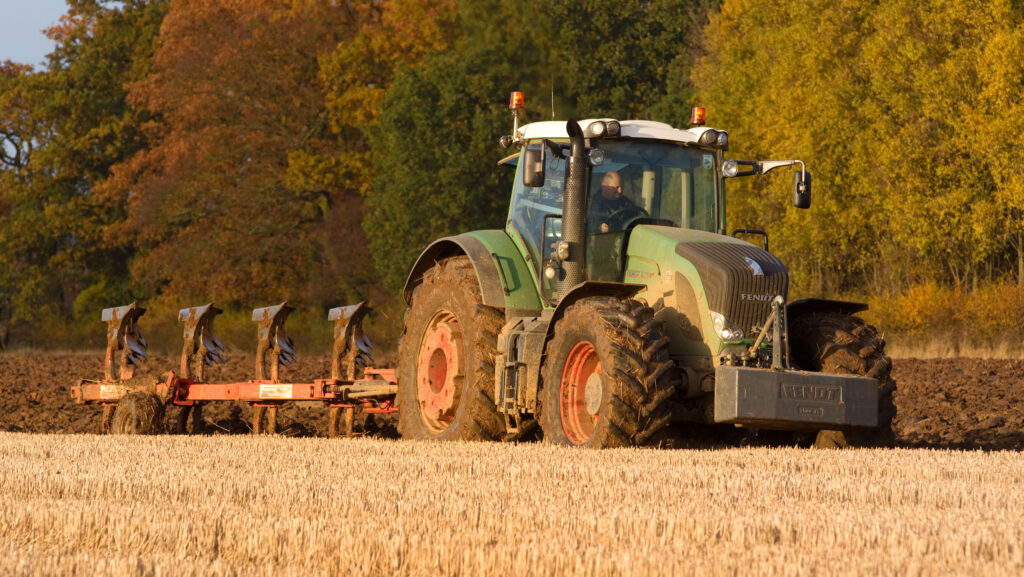Opinion: Farmer ‘drama kings’ out in force over IHT
 © Tim Scrivener
© Tim Scrivener Just imagine if all policy choices made by government were focused on ensuring that younger generations wanted to work in farming.
Changing the inheritance tax (IHT) privileges of agricultural landowners should be welcomed as a positive step towards this.
Clearly not all agree. The farmer drama kings have been basking in their media moment, unafraid to think before they speak.
But when they do think, they realise it’s not as bad as it seems.
See also: Opinion – time to press reset on food, people and nature
Their plans to set their kids up, tax-free, as the multimillionaire, asset-backed farmers of the future are still valid, they just need to happen a little earlier.
Pleading poverty on what is undeniably a position of privilege means public opinion on the topic has been polarised between those who feel sorry for farmers and those who are resentful of us.
I don’t want the public to be thinking any of these.
Any wider protest will be tone deaf to broader public concerns, and, in any event, it’s too late to change Treasury minds (imagine how that would look as a U-turn after the winter fuel allowance decision?).
Instead, we should be asking for urgent help for the genuine cases of hardship arising from the speed of the change.
One of the main benefits of the agricultural property relief (APR) reform is that it creates a bias towards assets being passed on to the next generation earlier.
Known as “potentially exempt transfers”, the risk remains that a death occurs within seven years. Insurance is available to cover the risk of death during that time.
Government should, as a minimum, be underwriting insurance premiums for older landowners who are now looking to pass on assets but risk not surviving seven years.
It’s not fair that they don’t have the chance to arrange their affairs as younger landowners may be able to.
There are other things we should ask for, too. In most cases, holdover relief will be available on capital gains tax (CGT) charges arising on lifetime gifts of agricultural assets.
However, if CGT is due, farmers should be able to pay it over 10 years, as they will be able to for IHT.
The base year for valuation should be changed from 1982 to something that can at least be evidenced from digital records, like 2004.
To cover the risk of unexpected death leading to an unexpected IHT charge, life insurance is a sensible option.
The sad truth is that too many farmers die in workplace accidents each year, which might make premiums expensive; government could support farmers’ life insurance, but might want to make that conditional on us improving our abysmal health and safety record.
Finally, Budget day resulted in more competition for agricultural tenants, and government needs to monitor impacts here carefully.
Behind all of these issues remains the ongoing perversity of jumping through the hoops of a restrictive, productivist definition of “agriculture”.
This remains a deadweight on the farming transition and, as recommended by the Rock Review, should be next for reform.
It is undeniable that the financial challenge on farms is getting tougher.
If it is serious about generational renewal, government needs to ensure that farms can operate with acceptable risk and an adequate return on capital.
The next generation will need both to have the confidence to invest and the ability to contribute our fair share.

